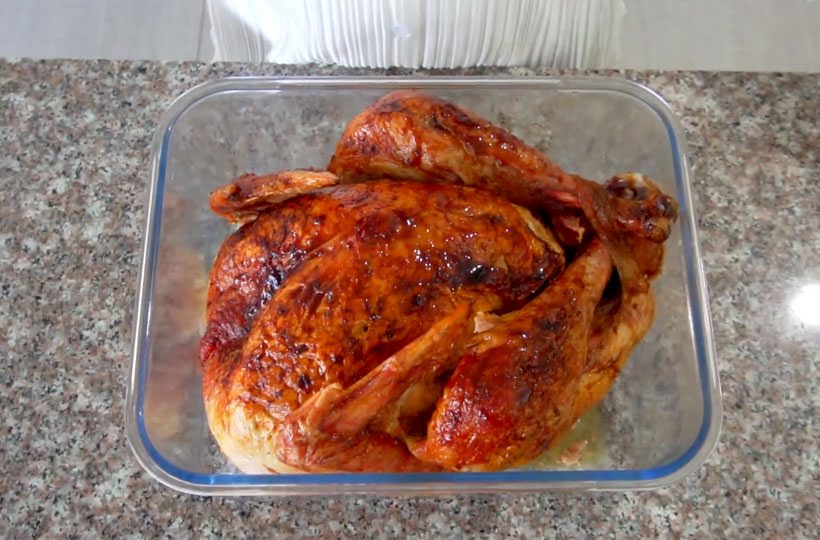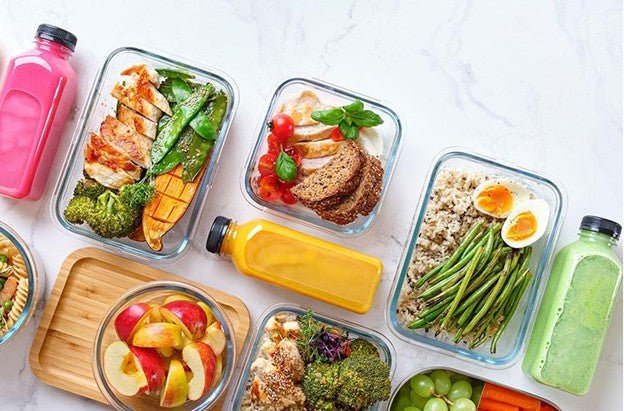Choosing the Right Baking Pan: Glass Loaf Pan vs Metal

When it comes to baking, the choice of the right loaf pan can make all the difference in achieving that perfect golden-brown crust and moist interior. The selection of the right loaf pan is not just about a simple kitchen utensil, rather it is about unlocking the potential to transform simple ingredients into masterpieces. In order to make the most out of your baking experience, you need to understand that amongst the choice war of glass loaf pan vs metal, which one will complement your baking style? The perfect loaf pan awaits, and here is the guide to help you through the tantalizing world of glass versus metal. Let us dig deep into the nuances of each, empowering you to make an informed decision for delightful baking experiences.
Understanding the Material Differences: Glass Loaf Pans
Composition and Properties: Glass loaf pans, crafted from heat-resistant borosilicate or tempered glass, ensure durability and safety even under high temperatures. The transparency of glass allows bakers to witness their creations transform in the oven.
Heat Conductivity and Retention: Glass excels in retaining and distributing heat evenly, promoting a gentle and uniform baking process. This ensures consistent results in your favorite recipes.
Impact on Baking Times: Glass pans may take longer to preheat but once heated, maintain steady temperatures. This makes them ideal for recipes that require precision and patience, though the bake time may be longer.
Metal Loaf Pans
Composition and Properties: Metal loaf pans, typically made from aluminum, stainless steel, or carbon steel, are known for their durability and resilience. They are a reliable choice for frequent bakers.
Heat Conductivity and Retention: Metal pans heat quickly and distribute warmth efficiently, though they cool down faster than glass. This makes them ideal for recipes requiring fast baking times.
Impact on Baking Times: Metal pans reduce preheating time, making them perfect for faster bakes. However, they may lead to uneven browning or overcooking if not closely monitored.
Glass vs. Metal: Advantages and Disadvantages
Advantages of Glass Loaf Pans:
-
Even Heat Distribution: Ensures uniformly baked goods.
-
Transparency: Allows for easy monitoring of browning.
-
Non-reactive: Preserves the pure flavor of ingredients.
-
Versatility: Can go from oven to table for elegant presentation.
-
Resistant to Corrosion: Glass maintains its integrity over time.
-
Microwave Safe: Suitable for microwave use.
- Elegant Presentation: Adds visual appeal to your baked creations.
Advantages of Metal Loaf Pans:
-
Quick and Even Heating: Ideal for rapid baking.
-
Durable: Resistant to breakage and wear.
-
Lightweight: Easier to handle.
- Varied Finishes: Allows for different textures and baking effects.
Disadvantages of Metal Loaf Pans:
-
Uneven Browning: Quick heating can lead to uneven results.
-
Prone to Scratches: Metal pans can wear over time with heavy use.
- Reactive with Acidic Ingredients: May alter flavors in some recipes.
Choosing the Right Loaf Pan for Your Needs
Your choice of loaf pan depends on your personal baking style. Glass pans are ideal for even baking, while metal pans offer faster results. Choose glass for delicate cakes and quick breads, and metal for hearty loaves like crusty bread and meatloaf.
Which Recipes are Best Suited for Glass or Metal Pans?
Glass pans are perfect for recipes that need slow, even heat, such as cakes and quick breads. Metal pans are better for recipes that require quick heating, like crusty bread or meatloaf.
Maintenance Tips for Glass vs Metal Pans
Proper care extends the life of your loaf pans. Avoid extreme temperature changes with glass to prevent cracking. Metal pans, while durable, should be cleaned gently to avoid scratching. Both types should be thoroughly dried before storage to prevent damage.
Conclusion
In the debate of glass vs. metal, there is no universal answer. Your choice depends on your baking style and recipe preferences. Glass loaf pans offer slow, even heat, perfect for delicate recipes, while metal pans provide quick, efficient heating. Choose the pan that best suits your baking needs and the results you wish to achieve.







Leave a comment